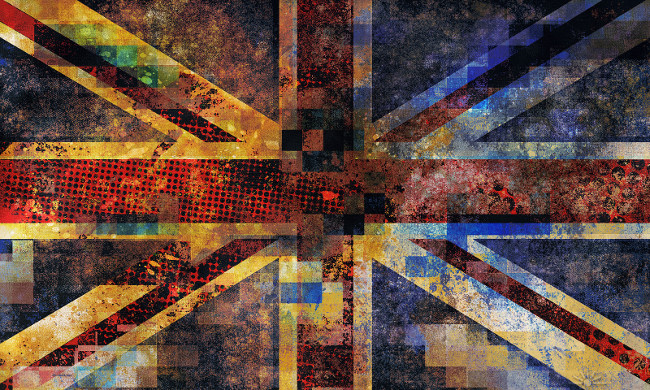Many an Englishman breathed a sigh of relief on the September morning last year that it emerged their Scottish countrymen had not voted to break up the United Kingdom.
If Britons thought that the question of Scottish independence would be settled by the ballot they have since been disappointed. Support for the severing of ties with the English (and, less so, the Welsh and Northern Irish) has only grown since the vote, and the trend shows little sign of reversing.
Not only are the Scottish National Party preparing to schedule another “once in a generation” referendum in the coming years, but they have seized the European Union referendum as another chance to split from Britain if England votes one way and Scotland votes another.
Such plans show the spontaneous rulemaking involved in questions of identity. Nobody would argue that Cornwall should have an independence referendum if it as a region went the opposite way to Britain in the EU vote, in much the same way no independent republic of Glasgow has been formed after the city said “yes” to independence.
Even so, Scotland could well have a second referendum in the wake of Brexit, so long as the margin by which it differed from the rest of Britain was large enough. But the truth is that even a vote to remain in the EU will probably be the undoing of the final remnants of the British Empire – and not just because of the Scots.
There seems to be a wilful ignorance among europhiles that the EU is to a great extent already a state. It has its own currency, its own passports, an (admittedly tiny) standing army, a foreign policy representative, a president, a civil service and a parliament. At its weakest, the body might reasonably be termed a confederacy.
Eurosceptics have also made much of the phrase “ever closer union”, a commitment from the 1957 Treaty of Rome that created the EU’s predecessor. One of prime minister David Cameron’s few admitted aims going into negotiations prior to the referendum is to have this abandoned, a demand that will be rebuffed by the rest of Europe.
Europhiles might deny the significance of the phrase, but it speaks to the forces that brought the EU into being in the first place. Fear of continental war between France and Germany, fear of the Russian bear, and fear of Europe’s falling position in global affairs have all combined over the years to stitch together the EU members in tighter knots.
Now faced by a resurgent Russia on its eastern flank, a migration crisis from the south and south-east, and the fallout from the stupidity of adopting a single currency without close economic union, the EU has a greater need to bind itself together than at any point since the fall of the Berlin Wall.
Where Britain, which wishes the EU was just a free trade agreement, fits into this is mysterious to many of those campaigning to remain in. Associate or second-tier membership is often mentioned, though it is hard to see how we will not end up like Switzerland or Norway under this scheme – obliged to follow rules set by an increasingly unified central bloc.
The obvious solution to this problem would be to surrender to European federalism, which would also fix the problems of democratic deficit, half-witted foreign policy and economic malfunction within the EU.
Were this to happen the laws, culture and habits of the various member states of the EU would eventually equalise, and the notion of European nationhood that many of the EU’s founding fathers envisioned would finally be achieved. But in the process the unique identities of Europe’s countries would be eroded in a European mush.
As such Britain finds itself facing several unappealing alternatives in this coming referendum. It can vote to leave the EU and probably lose Scotland; it can remain a second-tier member and see itself marginalised within the bloc; or it can surrender to ever-closer union.
Amputation, subjugation or assimilation are thus the only items on the menu. And either way, independent Britain is no more.
Image Credit – Union Abstract, December 2013 by AK Rockefeller
